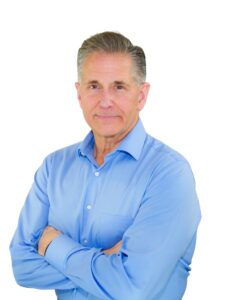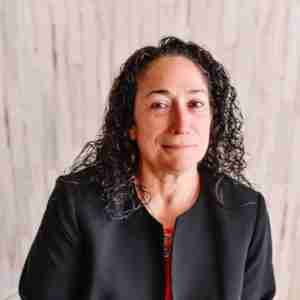
In Conversation: John Mumm, Chief Executive Officer, Deka BioSciences
John Mumm, the chief executive officer of Germantown’s Deka BioSciences, describes the body’s immune system as a ballet. While the dancers take the stage and command attention, Mumm notes that it’s the symphony that guides the performance and dictates where the dancers need to be.
“It’s a harmony of the music, in our case, it’s the cytokines… that are telling the dancers, the cells, what to do, where to go and how to do their job,” Mumm explains.
Cytokines are small proteins that play an important role in cell signaling, particularly in the responses from the immune system. Taking its cues from the known function of each cytokine, Deka has developed Diakines™ – a combination of cytokine pairs that complement each other’s function. These disease-specific cytokines are expected to improve therapeutic efficacy through improved pharmacokinetics and pharmacodynamics function. So far, the company has demonstrated positive responses in preclinical studies, in both cancer and inflammatory disease models.
As a young researcher, Mumm demonstrated the importance of the cytokine, interleukin-10 (IL-10), in activating the immune system to destroy tumors. That research led to the use of Pegylated IL-10 as an immune oncology stimulant to treat patients with pancreatic cancer and other solid tumors at ARMO Biosciences, a company he founded that was later acquired by Eli Lilly in 2018. After ARMO and during his time at MedImmune, Mumm saw, on a global level, the clinical failures of multiple novel immunostimulatory experimental medicines.
Realizing these novel immune stimulants attempted to target pathways already naturally activated by molecules like IL-10, Mumm founded Deka BioSciences with Pavel Khrimian. They aim to develop a therapeutic platform to harness the potential of cytokines to treat a myriad of human diseases.
“I wanted to harness cytokines, which are in nature, and use them as a therapy. If nature shows you the way, follow it,” Mumm said. “We’ve had the time, energy, and desire to tinker with these thoughts. We’ve known for years that these molecules can either drive immune-mediated tumor destructions or conversely can shut down inflammation. It’s just an issue of finding the correct pairs of cytokines and targeting them to the diseased tissue. We hope to change a lot of people’s lives for the better.”
Mumm noted that extensive research has shown, and the COVID-19 pandemic has highlighted, that not everyone responds the same way to the same immune stimulant. The Deka team has discovered that individuals react differently to the same cytokine, and he said “we’ve designed assays to help us find who will best benefit from each Diakine™” That’s what makes the Deka story so provocative. Deka’s Diakine™ technology fuses multiple cytokines, such as IL-10 and IL-2, with a scaffolding platform that functions as both a stabilizing and half-life extension technology as well as a targeting vector. This new fusion cytokine platform is then combined with a novel patient selection system to match the best medicine with each patient.
According to company data, the scaffold system “extends half-life, increases production yields, reduces the manufacturing cost of goods and does not inhibit the specific function of the cytokines, unlike most other half-life life-extending technologies.” Throughout the research, Mumm and his team have found how different cytokines can be used in different disease indications. Pairing multiple cytokines increases the likelihood of a therapeutic response in patients. Mumm said the process is similar to working with an intricate puzzle, as in it takes some effort to understand the shape of the cytokine, how they can be structurally linked together, and how they are best delivered to the target tissue.
Mumm anticipates at least another year before Deka’s Diakines enter the clinic. The Deka team has selected lead Diakines for both anti-inflammatory diseases and for oncology. In a non-GLP toxicology study, Deka showed that the Diakine DK210(EGFR), which couples wild type (normal) IL-2 with a high-affinity IL-10 variant, is well tolerated at 100 times the projected therapeutic dose. These data suggest Deka is the only company in the world that has developed a novel therapeutic that has detoxified normal IL-2. The company plans to file a Pre-IND in the next few months and will focus on scaling-up manufacturing and completing a GLP NHP toxicology study. Deka also plans to file an IND in October of 2022 on its way to a Phase I clinical trial in renal cell carcinoma cancer patients.
Given the robust preclinical data package Deka has compiled, the team is actively communicating with pharmaceutical companies to explore co-development deals. Given the modular nature of how the Diakines are assembled, along with properly paired cytokines and a targeting system, Deka believes that they can develop therapeutics to serve the needs of different pharmaceutical companies who are always on the lookout for new and promising therapeutic compounds.
Mumm said he is excited about the future of Deka and its cytokine-focused therapies. He said he was grateful for the time he had to fiddle around with the science and learn exactly what needed to be done to turn this vision into a reality.
“It’s a wonderful experience developing a modular platform like this that has such broad potential to affect a better future for so many people,” Mumm said.





